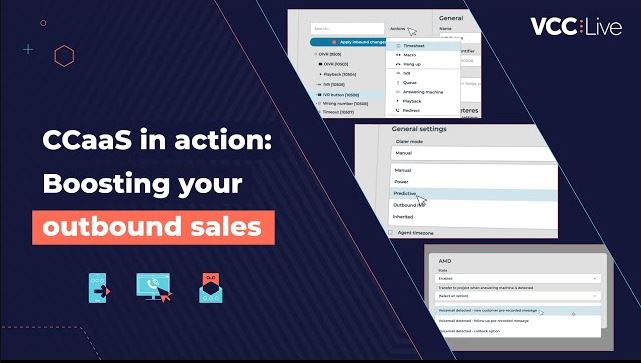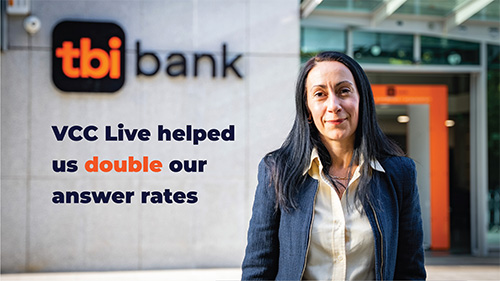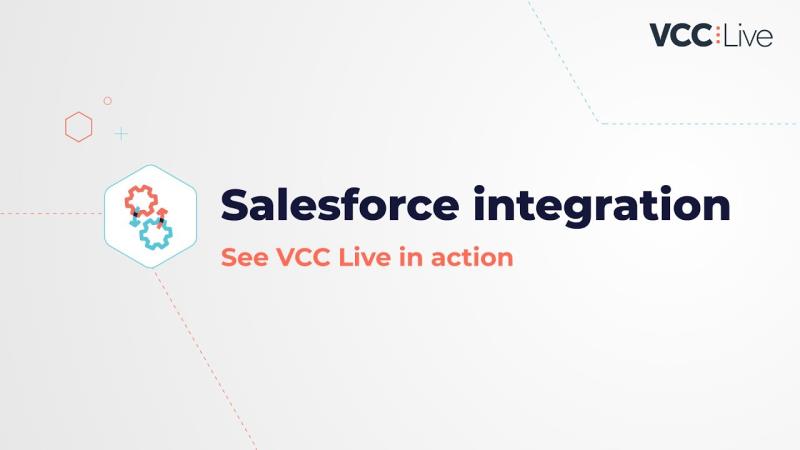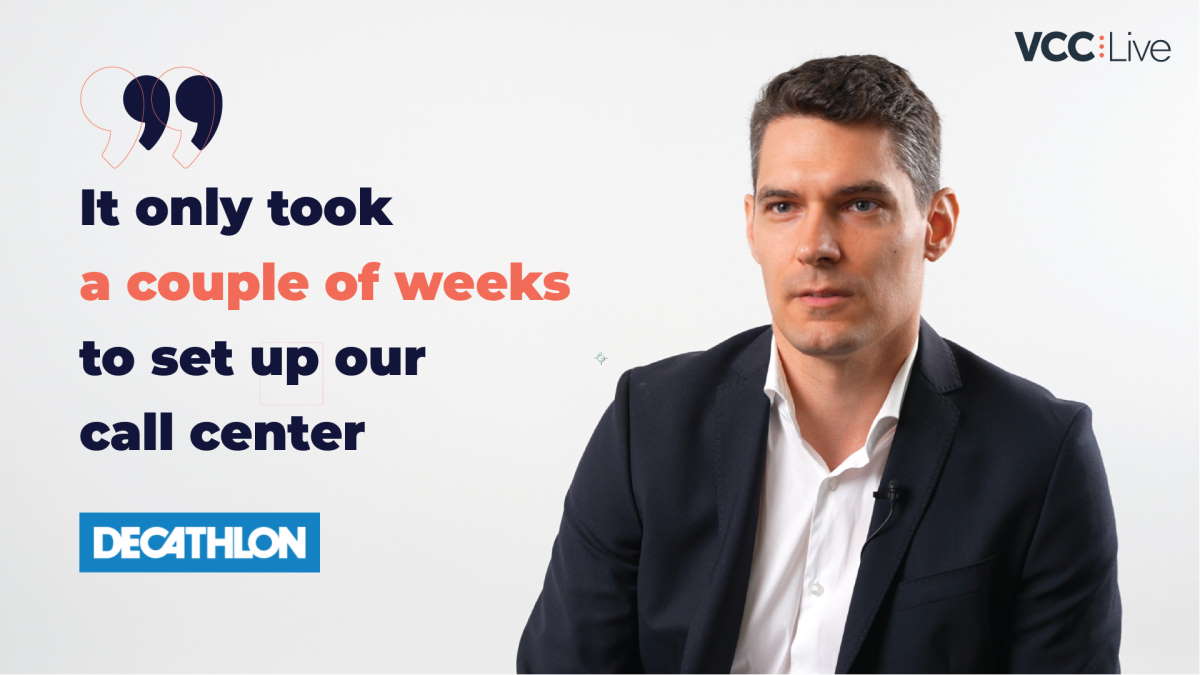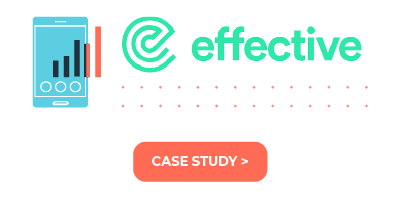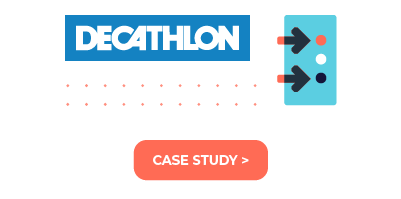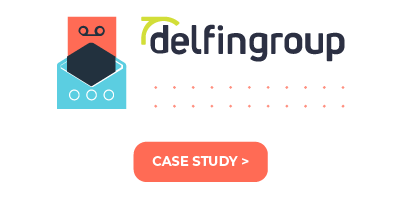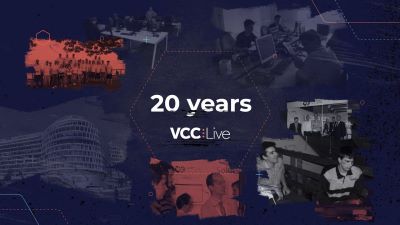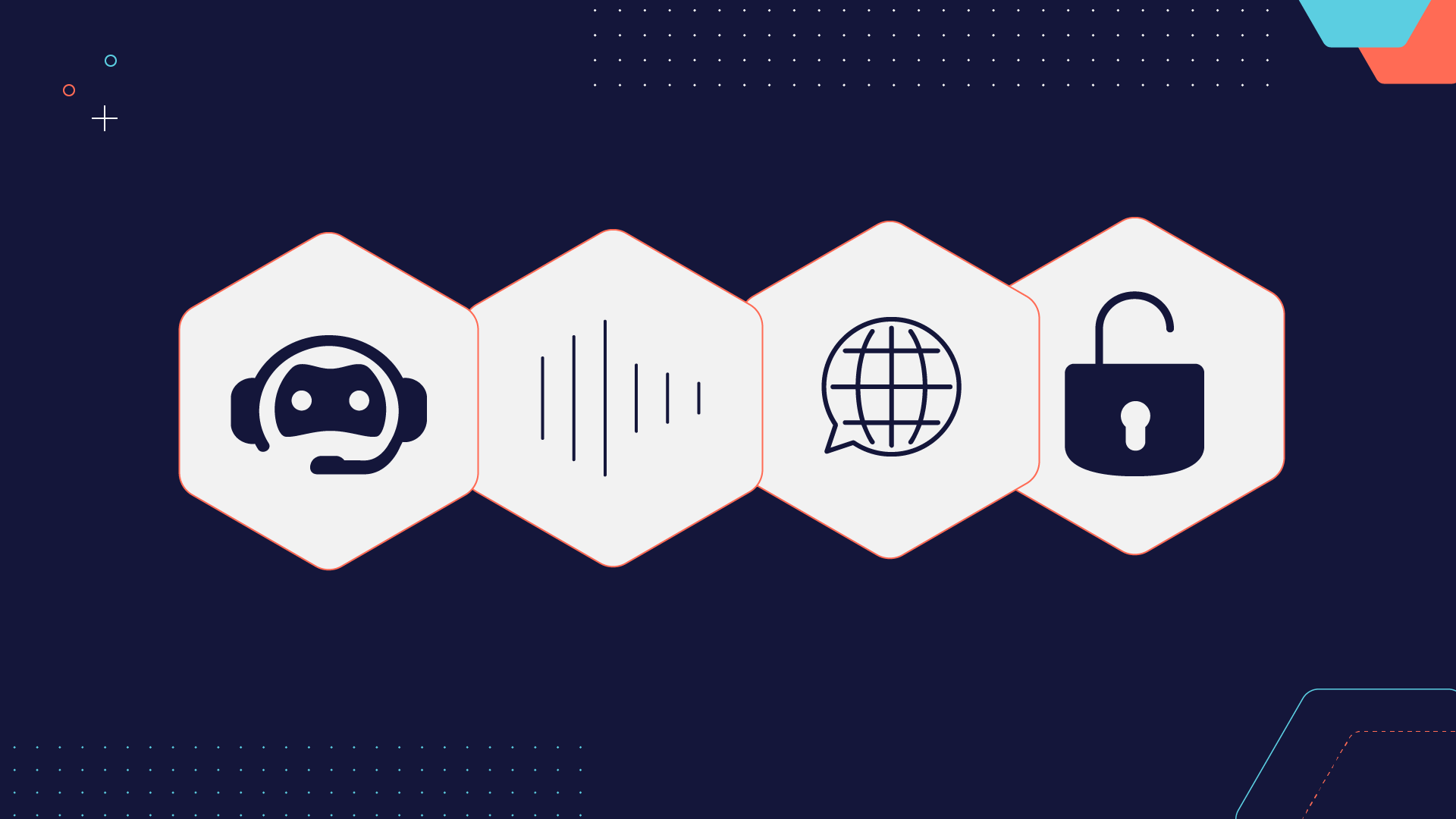Used commonly in common contact centers, call recording happens when audio or screen activity is recorded as an agent is talking to a customer. This recording is then stored and assessed based on the needs of your operation. Call recording can be a useful tool for any contact center operation. However, you need to make sure that the way you record is in compliance with local and international regulations.
What is call recording?
Both inbound and outbound operations can record their client interactions. The resulting data is stored in a database for a specified or undefined amount of time. Call recording is usually initiated by the agent, with the use of contact center software functionalities.
It is important to note that call monitoring is not the same term as call recording. Call monitoring is a contact center software function that allows managers and supervisors to listen to live conversations between agents and clients and falls under different regulations.
Why and how is it used?
Call recording can be used for quality management and for evaluating business decisions. This activity is so common within most industries, that most of us recognize the greeting: “This call may be monitored or recorded for quality assurance purposes”.
When applied as a quality management tool, cal recordings are used by managers and supervisors to oversee their agent’s work. This enables them to monitor if they are performing according to set goals and KPIs, providing up-to-date information to clients, cross or upselling. Recording can also be used as training material. It can help agents learn how to handle calls according to the company’s business needs. Finally, call recording also enables managers to see if their agents are handling calls according to legal regulatory guidelines.
When used as a business tool, call recordings can be useful in assessing client needs, understanding CX trends, and evaluating the client’s relationship to the company. This data can then be used for making improved operational and business choices.
Dispute Resolution
In some cases, clients and businesses may dispute certain agreements about purchases, warrantees, or payments. An agreement without any written documentation may create an oral contract. Oral contracts can be legally binding — but are tough to prove in court. In these cases, a call recording can help.
Legal Compliance
Any contact center that decides to use call recording needs to make sure that they are in compliance with local and international regulations. Additionally, industry specific regulations may apply. For example, most countries have privacy regulations concerning health and medical information. If your operation deals with credit card information, you need to make sure that you handle financial information according to regulations. In such cases for example, contact centers can’t record credit card codes.
GDPR
If your business is in the EU or deals with EU customers, you need to take into consideration The General Data Protection Regulation, or GDPR. GDPR came into force on May 25, 2018. This regulation aims to strengthen data protection across the EU, giving people more control over how organizations can use their data. One of the areas in which GDPR has had an effect is in the handling, processing, and maintenance of recorded calls.
For example, to record calls, you need to ensure that your customers give specific and unambiguous consent to be recorded. You also need to justify that your purpose for recording calls fulfills the conditions set by GDPR.
Before setting up your call recording settings, make sure you are aware of local call recording laws and regulations. We also recommend contacting your company’s legal advisor regarding this matter.
See our guide: How GDPR Affects Call Recording – Everything you need to know
Choosing Compliant Software
Once you understand the legal requirements that you need to meet, make sure to choose software that helps you comply with these regulations. The solution here at VCC Live, for example, is 100% GDPR compliant. We are also proud holders of the ISO27001 certificate. This certificate proves the highest levels of information and data security within an organization and in its processes, matching GDPR requirements introduced in 2018. We also hold the ISO22301 certificate that guarantees sustainable business management practices.
The certificate that really marks out VCC Live from many other contact center software providers, is the PCS DSS certificate. This applies to any organization that accepts credit and debit card payments.
Call recording can be a very useful tool for agent feedback or training purposes, for driving your business decisions, and as a form of dispute resolution when it comes to oral agreements. If you choose to use call recording, there are essential legal requirements that you need to comply with, depending on the country or state and industry that your operation belongs to. Research your local regulations and make sure to choose software that ensures compliance in your operations.
